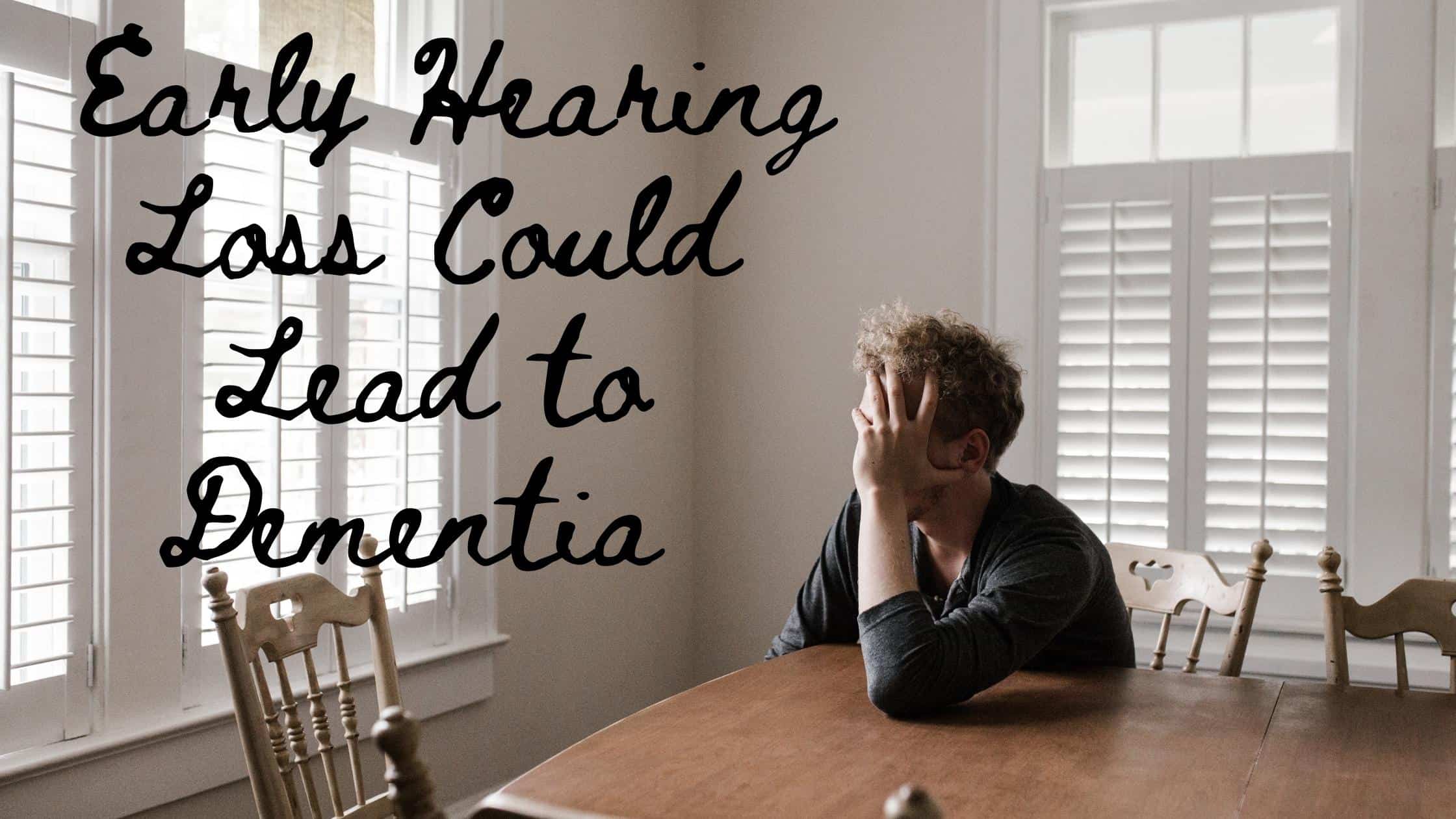
In the past, hearing loss was concentrated among our elders. Though it was possible to develop hearing loss at a younger age, it was quite rare. The shifting nature of our technologically-assisted life might be changing that.
With the influx of portable audio devices, smartphones, and streaming media, it is ever-more common for people to use headphones and earbuds. Young people are particularly prone to using these devices, and social media alongside television and movie streaming services make it more and more convenient to project audio into your ears for hours on end. When you add to these features other media streaming services such as podcasts and audiobooks, you can see why younger generations might be experiencing more sound exposure than in days gone by.
Let’s take a look at some of the potential effects of audio exposure for these younger generations. One study stumbled upon a surprising finding about the role of hearing loss among young people and a potential connection with dementia. As we come to better understand the relationship between these conditions, we can find new ways to not only encourage prevention but also to offer treatment for those who already have some form of hearing loss.
The Study
Researchers at Ohio State University were engaging in a brain imaging study with young people between the ages of 18 to 41. These relatively young people were being scanned for their responses to different types of speech. With fMRI technology in place, the researchers were able to watch the brain respond to different types of language.
When the researchers said simple phrases, they watched the brain light up in certain areas, while more complex sentences activated other parts of the brain. Before engaging in this study with 35 young people, the researchers gave them a hearing test. This test was meant to make sure that no intervening variable was getting in the way of their ability to understand the sentences under investigation. With this information on hand, they noticed a quite surprising trend.
Those young people who had mild hearing loss were activating different parts of their brains than those who had no hearing loss at all. The part of the brain that was engaged among those with no hearing loss was localized to only the left hemisphere of the brain, a normal finding for people of that age. However, those with mild hearing loss demonstrated brain activity in both hemispheres. To have the brain respond in the right frontal cortex to speech is something normally only observed among aging populations.
The Implications
What does it mean that young people with mild hearing loss were engaging this part of the brain normally reserved for older people? This brain region, activated during speech comprehension, has a relationship with an aging mind that is more susceptible to dementia. Although these results aren’t enough to prove a causal mechanism in their brains, it is sufficient to point to a possibility.
We know that those who have hearing loss do have higher rates of cognitive decline and dementia on the whole. They also display a faster rate of decline once dementia has already set in. With this background research in mind, this new study is suggestive of a new line of research among younger people. Researchers speculate that headphone and earbud use might partially explain the higher rates of hearing loss among younger people. If these devices continue to be used unchecked, we might see not only higher rates of hearing loss in this generation and those to come, but also higher rates of dementia.
Protect Your Hearing
The important thing to remember when it comes to hearing loss is that many forms of loss are preventable. Not only can you wear earplugs when you are in a noisy environment, but you can also limit your exposure to noise and loud sound whenever possible.
If you find yourself using earbuds or headphones at top volume, you can set limits for yourself somewhere around 60 percent of the maximum volume and only listen for 60-minutes at a time. Smartphone apps are even available to help you self-regulate your volume use on your device. With concerted effort, you should be able to regulate your use of noise-producing devices and prevent hearing loss as the years go by.
An annual hearing test is important if you want to monitor your hearing abilities – regardless of your age. To schedule a hearing test, contact us today! We’re here to help and can point you in the right direction of hearing protection.
